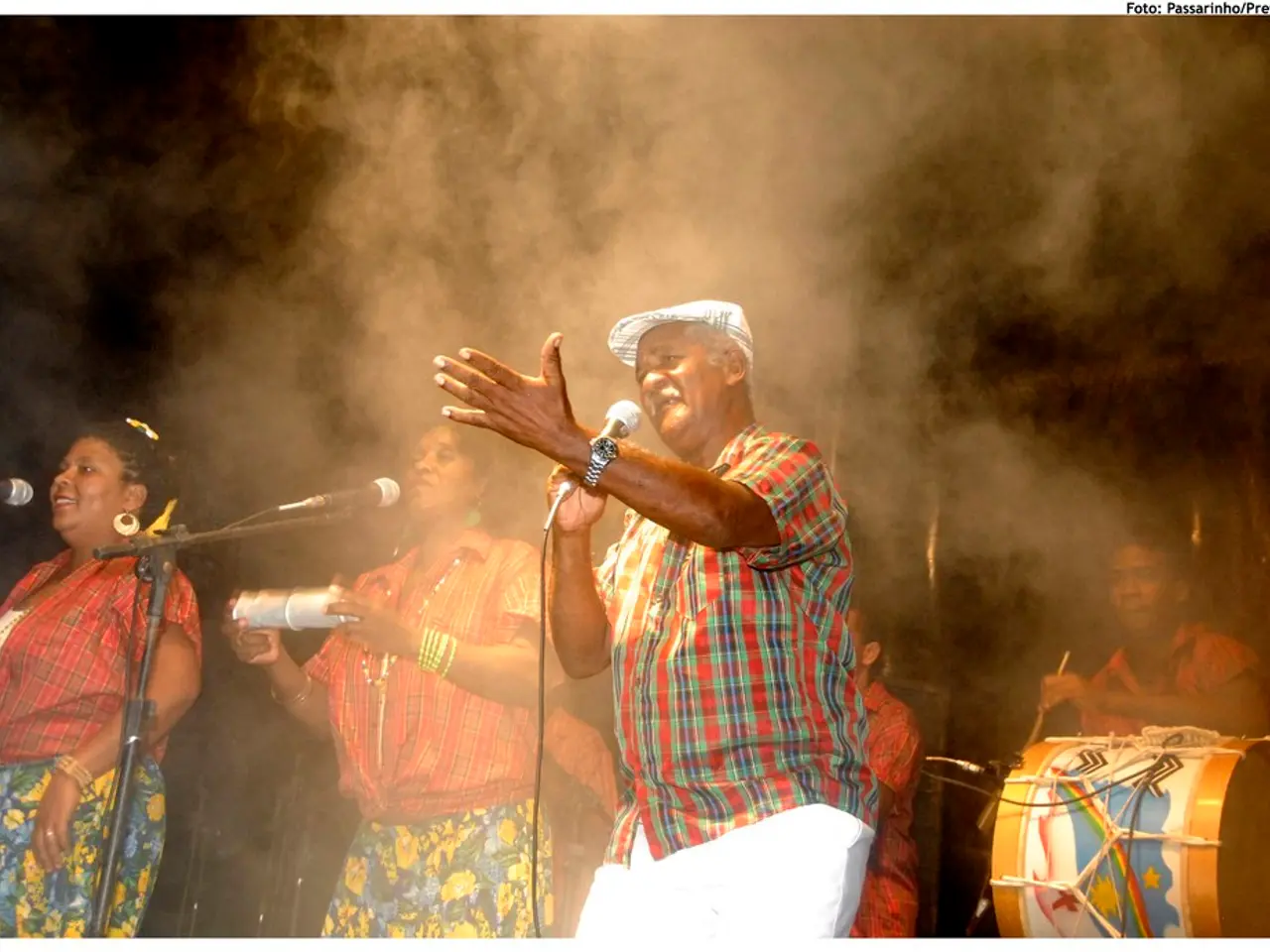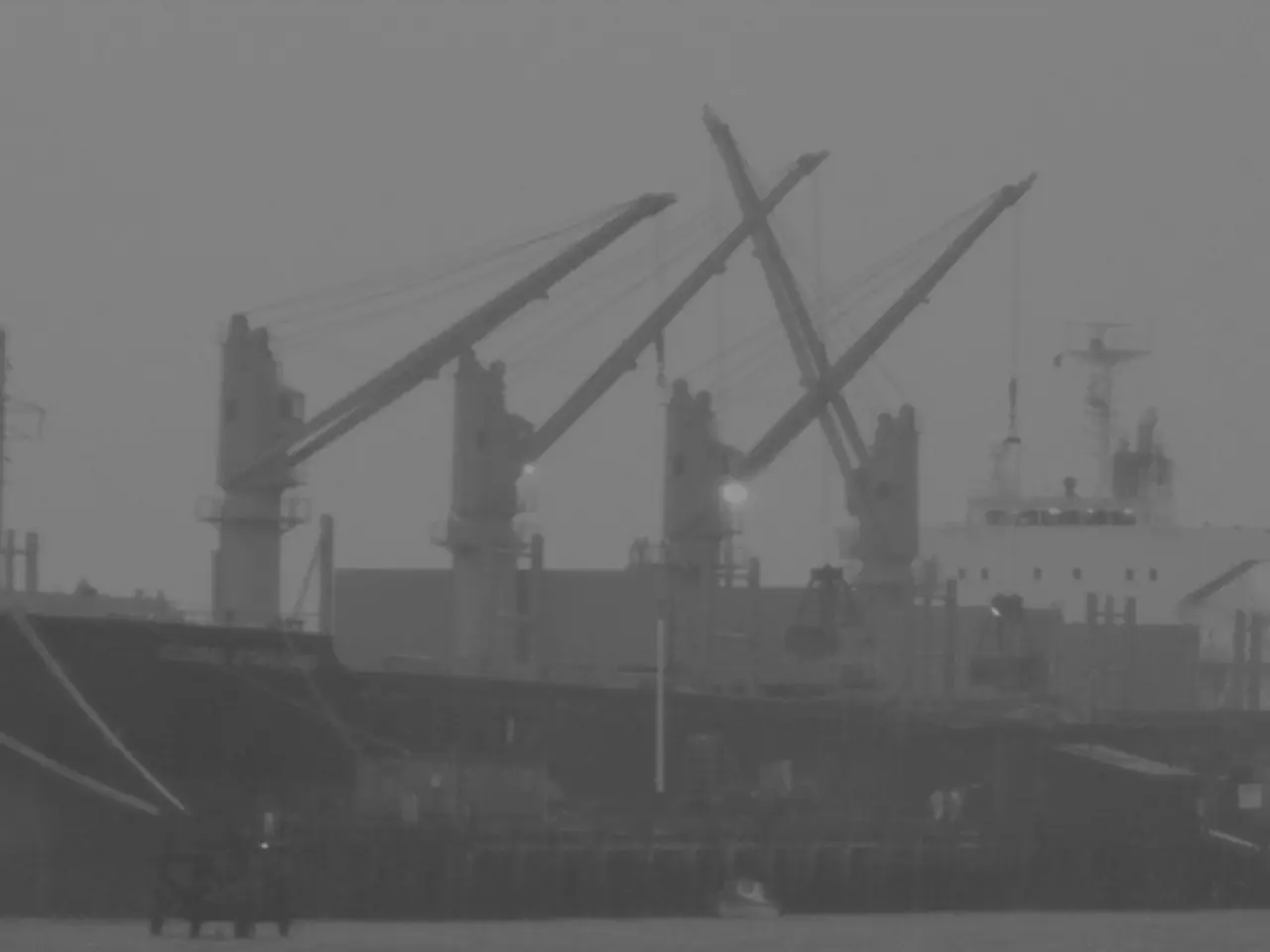Imminent Threat of 1.5 Million Afghan Deportations Predicted by IOM in 2025
In Afghanistan, a mass deportation crisis is unfolding as over 1.5 million Afghans have been forcibly returned from neighbouring countries in 2025 alone [1][4]. This exodus, primarily from Iran and Pakistan, has left women and girls constituting nearly half of the returnees, facing heightened risks such as poverty, early marriage, violence, exploitation, and severe restrictions on their rights and freedoms [1][4].
The situation is causing significant concern for women's rights activists, who are actively advocating for the rights and freedoms of women in Afghanistan. They are attempting to persuade the Islamic Emirate government to consider the plight of women, but so far, their efforts have not yielded significant results [2].
According to UN Women and other agencies, Afghan women and girls face increased threats upon their return to the Taliban-controlled Afghanistan. These threats include early forced marriages, domestic violence, exploitation, and unprecedented restrictions on their movements and freedoms [1]. Many deportations have also involved family separations, leaving children—some born in Iran or Pakistan—with no guardians or social ties to Afghanistan, exacerbating their vulnerability and that of women returnees who may become sole caregivers under difficult conditions [2].
The International Organization for Migration (IOM), UNHCR, and human rights groups are urging for urgent international humanitarian and protection assistance to address the worsening situation, protect returnees (especially women and children), and uphold refugee protections such as the non-refoulement principle, which forbids forcible returns when safety is at risk [1][4].
Recent decisions by neighbouring countries, such as Pakistan’s ongoing deportations under the 'Illegal Foreigners Repatriation Plan' and Iran’s rapid deadlines for Afghans to leave, have intensified mass movements, often without adequate notice, support, or measures to safeguard vulnerable populations, including women and girls [2][4]. Reports suggest detained returnees, lack of safe shelter, limited access to healthcare, and denial of basic rights, significantly affecting women and girls who already face systemic discrimination and repression under the current regime in Afghanistan [1][3].
In the face of this humanitarian emergency, the UN Secretary-General's Deputy Spokesperson, Farhan Haq, has called for international support. UN Women's report shows that women and girls constitute nearly half of the deported migrants [4]. It is crucial for the international community to respond robustly and immediately, focusing on protection, shelter, access to services, and human rights advocacy to prevent further deterioration [1][2][4].
References:
[1] Al Jazeera. (2025, October 1). Afghanistan: Mass deportations leave women and girls vulnerable. Retrieved from https://www.aljazeera.com/news/2025/10/1/afghanistan-mass-deportations-leave-women-and-girls-vulnerable
[2] Amnesty International. (2025, September 15). Afghanistan: Mass deportations from Pakistan put women and girls at risk. Retrieved from https://www.amnesty.org/en/latest/news/2025/09/afghanistan-mass-deportations-from-pakistan-put-women-and-girls-at-risk/
[3] Human Rights Watch. (2025, August 20). Afghanistan: Women and Girls Face Harsh Conditions in Return Centres. Retrieved from https://www.hrw.org/news/2025/08/20/afghanistan-women-and-girls-face-harsh-conditions-return-centres
[4] United Nations. (2025, October 15). Afghanistan: Mass Deportations Pose Grave Risks for Women and Girls. Retrieved from https://www.un.org/news/press/en/2025/25101510.html
- News reports reveal that the Afghan migration crisis, exacerbated by mass deportations from neighboring countries, is causing significant concern among women's rights activists, who advocate for the rights and freedoms of women in Afghanistan.
- Given the plight of women in Afghanistan, due to the surge in forced returnees, organizations like the International Organization for Migration, UNHCR, and human rights groups are urging for urgent international protection assistance.
- As the UN Secretary-General's Deputy Spokesperson stated, the ongoing mass deportations are leaving women and girls constituting nearly half of the deported migrants, highly vulnerable and in dire need of protection, shelter, access to services, and human rights advocacy from the international community.








